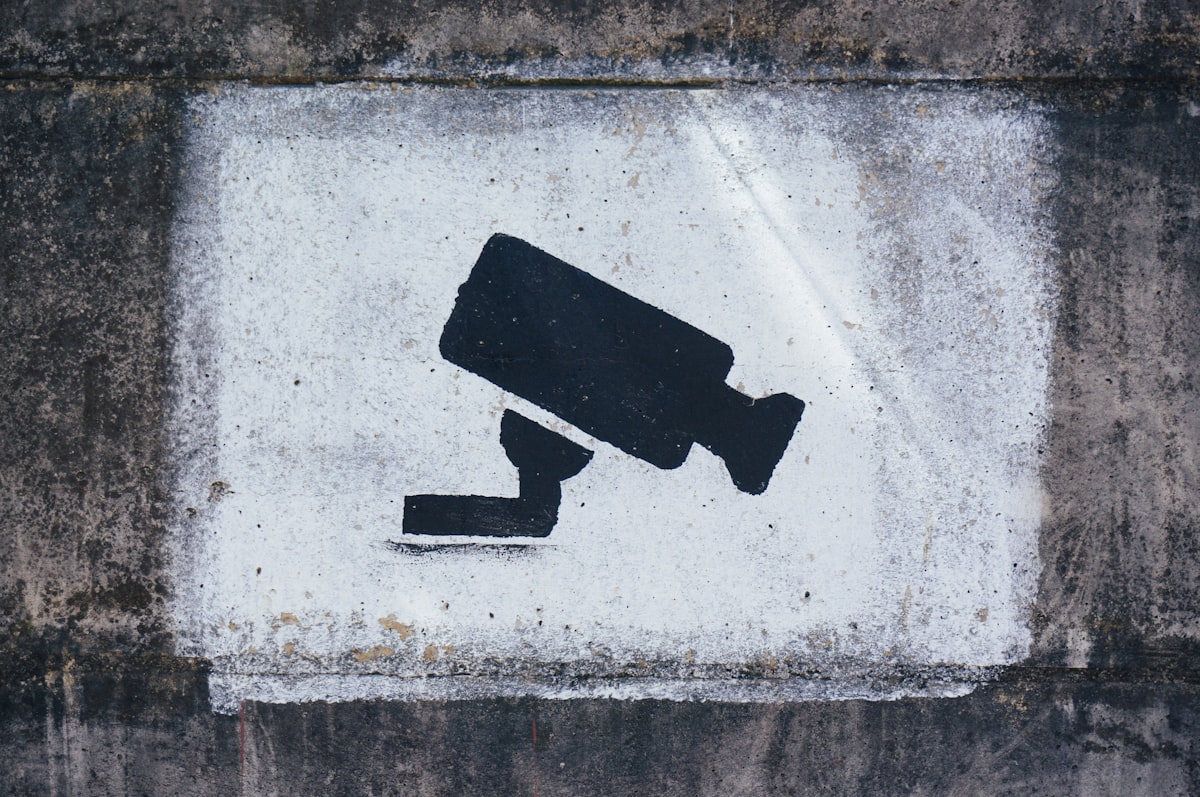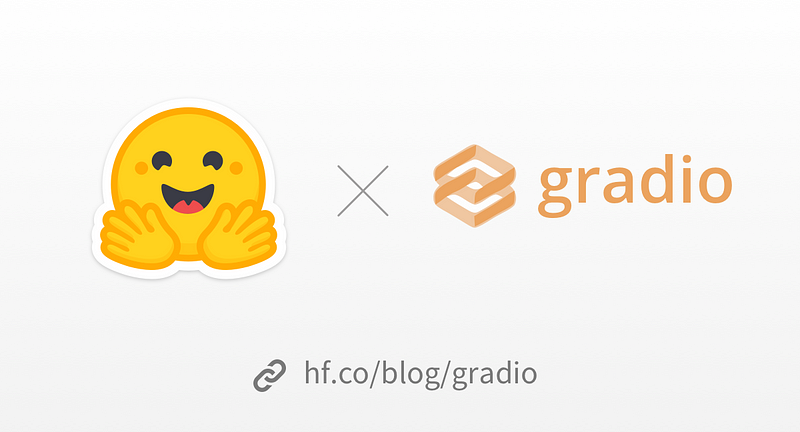The Role of VPN in Protecting Sensitive Research
When you use a VPN, it adds an extra layer of protection, acting like a lock on your data by encrypting it so only the VPN server can decipher it.

The collection of personal information is increasingly common, often surpassing current data regulations and causing uncertainty. However, VPN technology provides a solution, offering a way to protect data and ensure online privacy.
How does a VPN work?
A Virtual Private Network (VPN) is an encrypted internet connection that extends from a device to a network. This secure connection guarantees the safe transmission of sensitive data, thwarts unauthorized eavesdropping, and establishes a secure environment for remote work. It helps maintain anonymity and data encryption. This, if we consider in childlike language, is akin to how a lock and key secure a door. So, how does a VPN function? Let's understand this by comparing it to the relationship between a lock and a key, which is how we also can understand the concept of end-to-end encryption.
When you connect to the internet without a VPN, anyone who has access to your network, such as internet service providers or potential hackers on unsecured networks, can potentially see your online activity and data because it's not fully encrypted. This is not necessarily considered a vulnerability, but rather a lack of privacy protection. It's like a door without a lock, which means that anyone who wants to can just walk right in—take what they want or leave behind what they bring into your house.
When you use a VPN, it adds an extra layer of protection, acting like a lock on your data by encrypting it so only the VPN server can decipher it. This is like locking the door and only having one key. Even if someone tries to sniff your activity, they won't be able to understand what you're doing without the key.
This is similar to the concept of end-to-end encryption used in secure messaging apps, but in the VPN scenario, it extends further. A VPN also hides your IP address by providing you with a new identifier on the internet. This is like changing the address on your house from time to time so that no one can find it. This helps maintain your online anonymity as it makes it harder for third parties to track your online activities.
There is a plethora of options available, and with the advent of browser extensions, a simple search in the web store will yield results. For example, if you are using Microsoft Edge, you can select the right VPN for Microsoft Edge to protect your sessions based on the data review points in the store.
How is Big Data Increasing Concerns for Privacy?
Massive data sets that are collected and analyzed using unconventional software-based techniques is often high-dimensional and commonly referred to as Big Data.
Many companies have found sophisticated methods within the discipline of Big Data Engineering to generate novel data from existing sources, create new data streams, use advanced observability tools etc., enabling stakeholders to explore insights and apply machine learning algorithms. This has created paradigm shifts in various industries, and we can now easily track individual health, crime prevention, and climate change analysis, among other things.
Data collection is exceedingly important for businesses to create a lasting impact, but it can also attract attackers and, to a great extent, hinder internet freedom, acting in opposition to it. The Cambridge Analytica Scandal stands as a shocking example, revealing how data can be used to manipulate customer behavior.
The information and types of data collected by big tech companies, insurance companies, data trading firms, advertising agencies, and many others are vast and varied. The services that people use gather a wide range of data, including personal details, browsing habits, purchasing behaviors, and more. This data is often used for targeted advertising, market research, risk assessment, and other business-related purposes. This is one of the reasons why privacy engineering is a booming field, as regulators continue to pursue companies for not handling user data responsibly and, in most cases, not implementing security measures to secure access to data.
Why is User Data Valuable?
The demand for data-driven decision making has increased by the breakthrough advancements in AI. Information has the potential to reveal valuable insights into individuals' thoughts, purchasing patterns, and personal beliefs, including their political and religious affiliations. As individuals consume more information, companies can gather increasingly detailed and sensitive data about them. The deductions that can be made from seemingly insignificant details are undeniably disturbing.
The collection and use of personal data can, however, raise legal concerns. It is important to acknowledge that there are existing laws that allow companies to collect data consented to by the end-user.
Governments have even introduced legislation requiring Internet Service Providers (ISPs) to retain browsing data and metadata for governmental purposes. This has led to the validation of numerous clandestine and unfair data collection methods.
Public perception of Big Data has undergone significant changes. This shift has been influenced by heightened awareness of government surveillance, exemplified by individuals such as Snowden and organizations like Wikileaks. Moreover, the introduction of regulations such as the General Data Protection Regulation (GDPR) and controversies surrounding companies like Facebook have also contributed to this transformation. That's part of why end-users are increasingly seeking solutions that enable them to protect their digital privacy.
Why do IT Practitioners Need a VPN?
VPNs can make it harder to intercept internet communications, or see where communications are coming from and going to. They are widely used by both individuals and businesses to protect sensitive information.
The VPN application that IT Practitioners prefer contains the following features:
IP Address Leak Mitigation: The fundamental function of a VPN, which developers and IT practitioners consider, is security. However, some VPN providers may have vulnerabilities that could expose the user's IP location. Therefore, it is important to choose a VPN provider that proactively mitigates IP address leaks. So, conduct thorough online research to determine if the provider has any history of IP address leakage.
Zero Logging Policy: VPNs with a no-log policy do not record or store any data transmitted over the network, such as login details, downloaded files, or browsing history. This is important for maintaining online privacy and safeguarding user anonymity from other internet users. It ensures that user data remains secure, even in the event of unauthorized access to the VPN tool, due to a software vulnerability. When reviewing a VPN, verify whether it logs online activities, periodically purges data, or discloses user information under any circumstances.
VPN Kill Switch: If a VPN connection fails, the user's internet access will revert to their standard connection. A VPN kill switch feature automatically terminates specific programs if the internet connection becomes unstable, thereby minimizing the risk of sensitive data leakage. This is a very important feature that privacy-conscious individuals look for when choosing a VPN service.
Multi-Factor Authentication (MFA): A VPN application should be as secure as possible to ensure that only authorized users can access it. MFA allows a user to verify their identity before gaining access to the VPN. For instance, after logging into the VPN with their username and password, the user may receive a code via SMS or a notification to approve the session on their mobile device. This extra layer of security makes it more challenging for malicious actors to gain unwanted access.
Developers who prefer the Linux-based operating system can also use VPN for Chrome in Chromium, as the web store is the same for both Chromium and Chrome.
Final Thoughts
These are basic but important features to look for in a VPN. IT decision makers can find comfort in knowing that they have implemented the needed measures to ensure optimal data safety.
Enjoyed this article? We have more insightful reads for you! Dive into our practical guide, 'Why Developers Need A VPN', to understand the importance of a secure coding environment for developers. Also, don't miss out on the updated stack of 'Best VPN Reddit' to discover the best VPN services recommended by the Reddit community.



